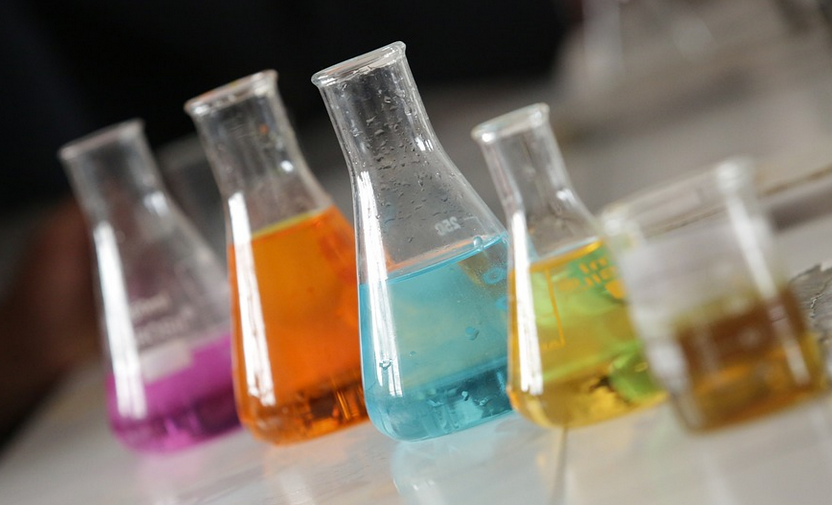What is Coral Bleaching?
Coral bleaching is the process by which corals lose their natural coloration due to environmental stressors such as changes in water temperature, pollution, and ocean acidification. When corals experience stress, they expel the symbiotic algae, called zooxanthellae, that live within their tissues. Without these algae, the corals lose their color and become vulnerable to disease and death.
What Causes Coral Bleaching?
One of the main causes of coral bleaching is rising water temperatures. When the water becomes too warm, the algae that live within the coral’s tissues begin to produce toxins, which cause the coral to expel the algae. Pollution and ocean acidification can also contribute to coral bleaching.
The Impact of Coral Bleaching
Coral bleaching has a significant impact on marine ecosystems. Corals provide habitat for a wide range of marine life, including fish, crustaceans, and mollusks. When corals die, these animals lose their homes, which can lead to a decline in biodiversity. Additionally, reefs protect coastlines from storm surges and erosion, so the loss of coral reefs can also have economic impacts on coastal communities.
What Can We Do?
Although coral bleaching is primarily caused by environmental factors beyond our control, there are still actions we can take to help protect coral reefs. We can reduce our carbon footprint by using renewable energy sources and reducing our use of fossil fuels. We can also reduce pollution by properly disposing of waste and reducing our use of single-use plastics. Additionally, we can support organizations that work to protect coral reefs and educate others about the importance of these ecosystems.
The Future of Coral Reefs
It is estimated that up to 90% of the world’s coral reefs could be lost by the end of the century due to climate change and other environmental factors. However, there is still hope for these ecosystems. By taking action to reduce our impact on the environment and support coral reef conservation efforts, we can help ensure that these unique and vital ecosystems survive for future generations.
In Conclusion
Coral bleaching is a complex issue that has significant impacts on marine ecosystems and coastal communities. While there are no easy solutions to this problem, we can all take action to reduce our impact on the environment and support coral reef conservation efforts. By working together, we can help protect these beautiful and important ecosystems for generations to come.

